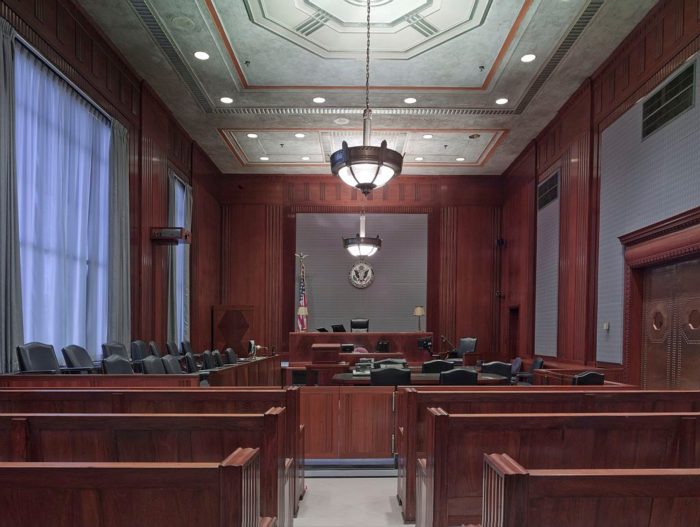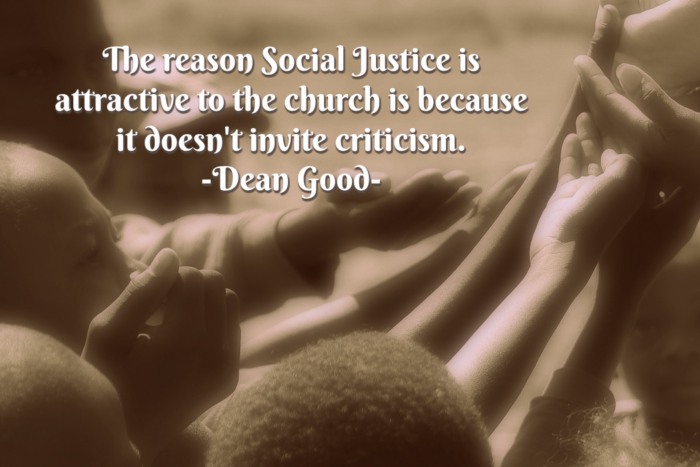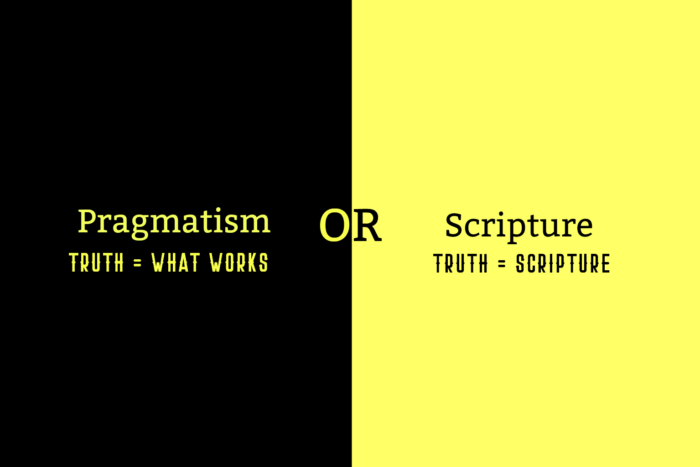The Only Solution
When I was a little girl, we moved south for a short time. There, in my first grade class, I was one of only three white kids in the entire class. It didn’t bother me a bit and I quickly became best friends with a little black girl named Lisa. We were so young and neither of us had been taught that being a different color was a big deal, much less a bad thing.
I credit that experience with forming my young mind on this explosive thing called “racism”. It came at a critical time in my life and I am thankful for it. Unfortunately, many people did not have such an experience and there are many issues, not just between blacks and whites, but between all races, including Asians, Arabs, Indians, and many others. Wherever there are differences, there seems to be people who will mock and bully and harass.
And then there are those who would take advantage of the disunity that is a result of this tension and try to manipulate it to their own ends. I believe that we are definitely seeing that with the current protests that are resulting from the George Floyd case. There is much to be suspicious about when one really studies the details surrounding that case.
But that’s neither here nor there. What I want to take a look at today is how a Christian should respond biblically to something like this. I have been more than a little dismayed to see and hear about many who would call themselves Christians posting scripture verses out of context or promoting interviews with false teachers. Many have jumped on the wagon of the current movement without ever doing any research at all into what the movement actually stands for or taking a look at it through the lens of scripture.
Before we think through how we should respond to this issue of racism, let’s first take a look at what we know about this issue from scripture. I will give one scripture reference for each point, but if you do your research, you will find there are many more that support them. The Bible is a cohesive book that is unified throughout. It is truly amazing! Okay, so here we go–
1. We know this world is wicked and broken and will be until such a time as God destroys it and creates the new earth (Revelation 21).
While so many Christians believe falsely that we can make the world a perfect place and build God’s Kingdom here, the Bible teaches that this will not happen.
2. Every person is born dead in their sin. No race or color is an exception to this curse. (Romans 3:23)
Original sin is the rub in this culture. Even many Christians want to deny this. But without this admission–that I am a hopeless sinner–there is no salvation. We are not broken in need of a fixer. We are sinners in need of a Savior.
3. The Gospel is our only hope. (Romans 1:16)
The good news that Jesus took on our sin and nailed it to the cross, so that we could be made alive together with God and be forgiven (Colossians 2:13-14) is our only hope for true and lasting change. Psychology and other behavioral methods may make a little headway, but they are man-based and cannot yield the same permanent results as a heart that is truly changed by the Gospel. This is the culture’s only solution. But more about that later.
4. The Gospel is for everyone. (Colossians 3:11)
God makes no exception to who is accepted into His Kingdom. He cares not what race, what color, or what class anyone is. All are welcome. We only need confess our sin and believe (Romans 10:9).
5. In the last days, man will do almost anything to get his way. (2 Timothy 3:2)
We should not be surprised at what we see going on. Violence towards another person, theft, looting, and rioting are all part of a culture that has become obsessed with self. Self, along with its dreams and opinions, has become king and nothing else matters. There is no love for fellow man in a person who would kill another human being. But there is also no love in the heart of a person who would burn down small businesses that people worked hard to build or beloved historical buildings. Both are wrong. But both should not be unexpected. It would appear we are living in the last days, according to scripture. Whether they last another year or another hundred years, we can safely conclude that, if we take a consistent approach to interpreting scripture, we are moving quickly toward the end. The passage in 2 Timothy shows us what we can expect from mankind at this time and it is consistent with what we are seeing.
6. Sin is always sin. (Galatians 5:19-21)
The end never justifies the means. There is no place in scripture whatsoever that would promote sinning as a way to reach a desired goal–even if the goal is a good one. Looting and rioting to bring change is always wrong.
So these are some facts from scripture that we know. Now let’s take a look at how we should be responding.
First, we are personally accountable for how we treat all people. (I Corinthians 13) We have a responsibility to treat our elderly neighbor, the Asian nail salon worker, our frustrating relative, and our African-American co-worker the same way. Our treatment stems from God’s love that abides in a saved and charged heart.
Second, we are personally called to share the Gospel with all men, regardless of skin color or class. I don’t have a specific passage but we can see throughout Acts that Paul and his companions faithfully share the Gospel, no matter what culture they are in.
Third, we are to love our fellow man, no matter what skin color or class. I Corinthians 13 gives no exception clause.
Fourth–and listen to this carefully because it goes against what the evangelical world is telling you–we are not responsible for the sins of those who have gone on before us. We can do one thing and that is to work for change now. We cannot and will never be able to make up for past hurts and sins. Why this idea has taken on so much steam in the past years, especially in certain circles, I cannot tell. But nowhere in scripture are we called to make reparations for the sins of others.
And, finally, Fifth, we must keep turning to God’s Word to understand what’s going on in this world. It is making more and more sense, in light of these past few months. This is our only anchor and the more we study, the more we really get it. The more we know it, the less we are tempted to pull things out of context as we see so many other Christians do.
There is only one solution for any culture and that is the Gospel. We know from scripture that man will reject God. He will remain rebellious and unrepentant and grow increasingly wicked (Romans 1:19f) We cannot force people to accept the Gospel. We can only share it.
Let’s not get caught up in the wave of worldly thinking or the swiftly-flowing river of the masses. Our focus in a situation like this must remain on the Word. We must share the light of the Gospel in the midst of this darkness. For it is the only real hope any of us have at all.











